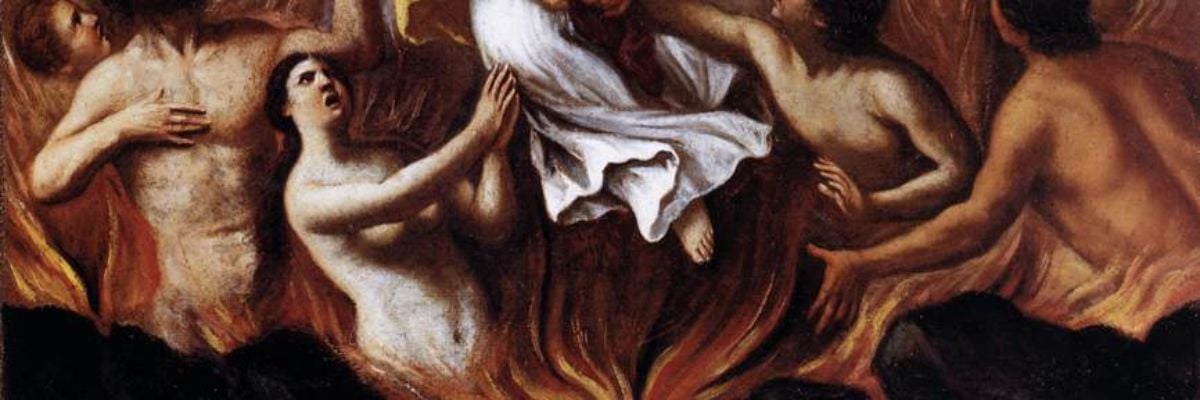www.catholic.com/qa/are-catholics-to-believe-that-the-cleansing-fire-of-purgatory-is-real-physical-fire

Question:
Are Catholics to believe that the cleansing fire of purgatory is real physical fire?
Answer:
There are only a few propositions that the Church has dogmatically defined concerning purgatory:
- There is purification after death.
- This purification involves some kind of pain.
- Those being purified can be assisted by prayers, devotions, and Masses.
Other questions concerning purgatory (e.g., its duration, whether it is a place, whether it involves actively inflicted punishments, whether it involves material fire) are speculative.
According to Ludwig Ott:
The Latin Fathers, the schoolmen, and many theologians of modern times, in view of 1 Corinthians 3:15, assume a physical fire. However, the biblical foundation for this is inadequate. Out of consideration for the separated Greeks, who reject the notion of a purifying fire, the official declarations of the councils speak only of purifying punishments (poena purgatoriae), not of purifying fire. (Fundamentals of Catholic Dogma, TAN, 485)
Enjoying this content? Please support our mission!Donatewww.catholic.com/support-us


